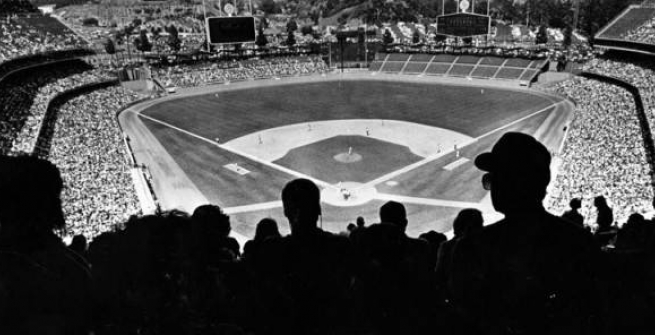A little over a month ago the prospect of Major League Baseball’s opening day arriving on time looked bleak at best and the possibility of a long work stoppage loomed. Thankfully, everyone came to their senses and another baseball season has started.
It’s a long season, though. Hall of Fame manager Earl Weaver once said, “This isn’t football, we do this every day.” Because of its length, a baseball season can be said to resemble a novel with its slowly unwinding plot complete with ups and downs and even the occasional longueurs. Maybe this is one reason why baseball has produced the best writing of any American sport. As the one-time Poet Laureate of the United States, Donald Hall said, “It is a game that grips us because we can see in it everything that we feel and desire.” The same could be said about why we read novels.
So with that in mind here are nine innings of classic baseball novels that can keep you company throughout the season.








